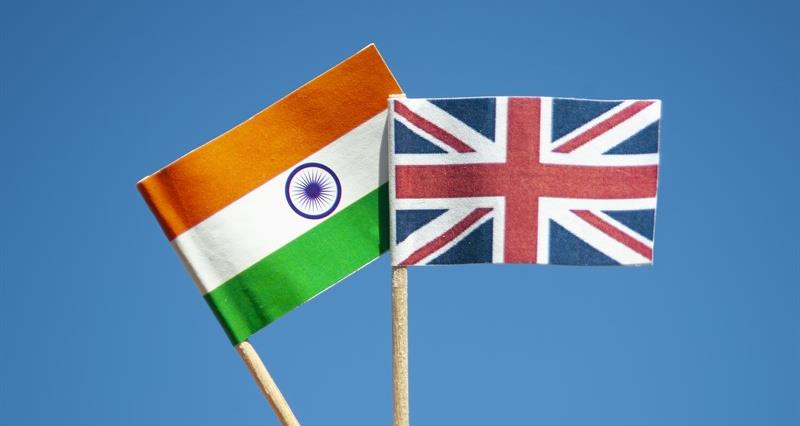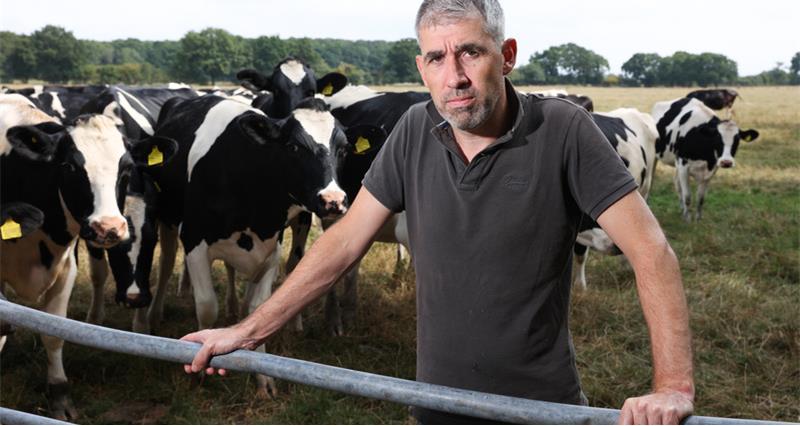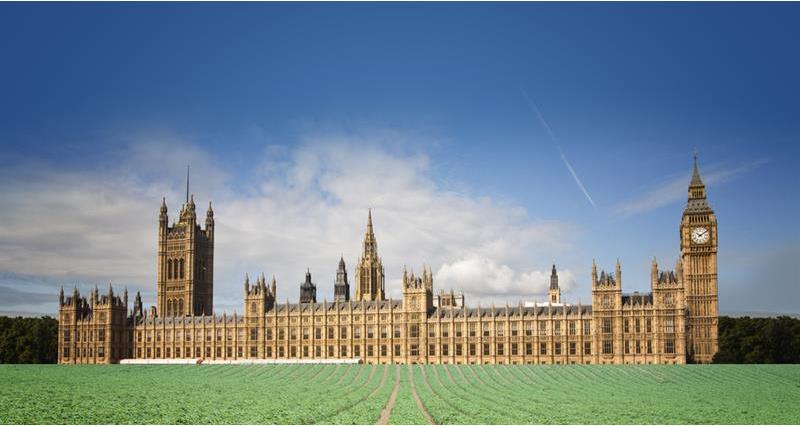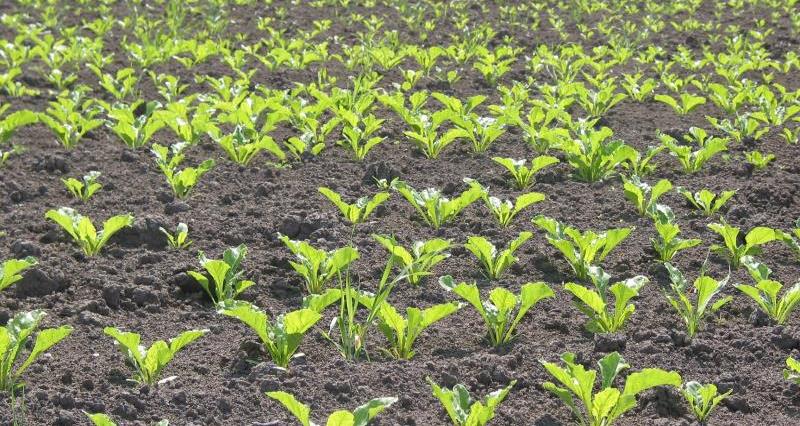This is the first FTA (free trade agreement) reached under the Labour government and will see reductions on 90% of tariff lines for UK exports to India.
Within agri-food, the government has secured tariff reductions for whisky and gin, salmon, chocolate, biscuits and lamb ‚Äď with the latter of these a key ask of the NFU.
Responding to the announcement of the deal, NFU President Tom Bradshaw said:
‚ÄúMinisters have clearly listened to our concerns around upholding the UK‚Äôs production standards and safeguarding our most sensitive farming sectors by maintaining the current level of tariffs for imports of sugar, chicken, eggs and pork.‚ÄĚ
This was a key ask of the NFU, and we lobbied hard to ensure these sectors were not exposed to unfair competition within this FTA.
Read: NFU Sugar welcomes exclusion of concessions on sugar in UK-India trade deal.
Tom said it was also positive to see that the government has managed to secure full access to the Indian market for high quality British lamb, which will be well received by livestock farmers across the country, but noted the government has ‚Äúbeen unsuccessful in increasing export opportunities for other products such as apples and oats ‚Äď something we were asking for‚ÄĚ.
‚ÄúThe cumulative impact of ever greater access to our domestic food markets in trade deals cannot be overlooked and is something our government must seriously consider.‚ÄĚ
NFU President Tom Bradshaw
Concerns over dairy markets
Tom continued: ‚ÄúThe big concern with this deal is that our dairy markets have been liberalised yet again ‚Äď the third successive trade deal with a major dairy producing country ‚Äď while our dairy farmers will not see any greater access for British cheeses and dairy products on the Indian market.‚ÄĚ
During negotiations the NFU lobbied government to secure greater access into India for British dairy products, particularly cheese and butter and it is disappointing that India has ultimately excluded any dairy concessions from this deal.
He added: ‚ÄúThe cumulative impact of ever greater access to our domestic food markets in trade deals cannot be overlooked and is something our government must seriously consider.‚ÄĚ
What else has been agreed?
The deal is heavily liberalising across the rest of the economy, including the agri-food sector. Imports of nearly all other commodities from India will be tariff free from the point at which the deal enters into force. Outside of sugar, pork, chicken, and eggs, the only goods not fully liberalised by the UK Government are cars and milled rice.
Under the agreement, the UK will have the ability to apply for India’s highest standard of protection for all UK GIs (Geographical Indications) listed for protection in the FTA, extending this beyond wines and spirits, which are the only products that currently benefit from the higher standard.
Whisky and gin tariffs will be halved from 150% to 75% before reducing to 40% by year ten of the deal, while automotive tariffs will go from over 100% to 10% under a quota.
India has also excluded beef from any market access concessions.
The government has stated that there is nothing in this agreement that will compromise the UK’s high food standards and imports will still have to meet the same UK food safety and biosecurity standards.
Additionally, the UK will retain its regulatory autonomy to set its own, independent standards, ensuring it can continue to uphold high levels of protection for human, animal and plant health.
Safeguards to be put in place
In addition to affirming both countries‚Äô rights and obligations under the World Trade Organisation, the UK and India have agreed to a ‚Äėbilateral safeguard‚Äô mechanism.
This will allow the UK or India to temporarily increase tariffs or suspend tariff concessions if the tariff liberalisation agreed as part of the FTA leads to a surge of imports that causes, or threatens to cause, serious injury to domestic industry.
Should a country impose such a safeguard the other party will have recourse to compensation or trade rebalancing measures.
NFU work
- In August 2021, the NFU submitted a response to the government’s consultation on a future UK-India FTA. Our response outlined the opportunities for, as well as the potential threats to, the UK agricultural sector within a UK-India FTA.
- Negotiations were then formally launched in January 2022. Throughout the three-and-half-year negotiation process that followed, the NFU’s international trade team engaged closely with UK negotiators within both the Department for Business and Trade and Defra, advocating for the interests of farmer and grower members.
- In June 2023, former NFU Sugar Board chair Michael Sly and NFU Sugar commercial and market insights manager Arthur Marshall met with officials in Downing Street, where they presented NFU Sugar’s concerns about Indian sugar directly to government.
Explore a timeline of our work.
Next steps
Now that the treaty has been signed, the UK’s independent TAC (Trade and Agriculture Commission) will be commissioned to scrutinise the Free Trade Agreement and produce a report on whether the measures within the FTA are consistent with the maintenance of UK statutory protections in relation to animal and plant health and life, animal welfare, and the environment.
Any legislative changes required to give effect to the FTA will then need to be scrutinised and passed by Parliament before ratification of the agreement can take place. Entry into force will take place once both the UK and India have completed their ratification processes.




